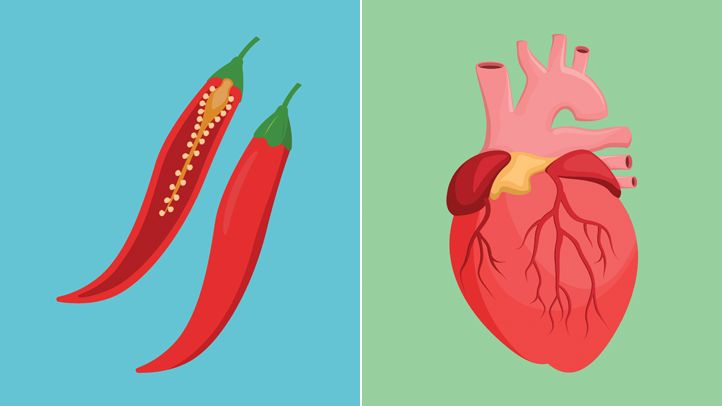
Manhattan Cardiology’s cardiologist, Roshini Malaney, DO, speaks to Everyday Health about Chili Peppers May Help Prevent Deadly Heart Attack and Stroke
Most significant findings:
Despite their diets, people that ate chili pepper more than 4 x per week had a 40% less risk of dying from a heart attack and death from stroke was 50% less. Does this surprise you?
The most surprising thing in this study was that it had an effect despite their diet.
Can you add anything about these findings?
A large study that was published in 2015 done in China that looked at over half a million men and women over a period of 7 years showed that those that ate spicy foods 6-7 days per week that a 14% relative risk reduction in death.
Why do you think spice mortality risk is independent of a specific diet?
She was quoted as saying:
“In this particular study, it could be due to the overall healthy diet which the Italians consume. However, capsaicin and several related compounds are called capsaicinoids and are produced as secondary metabolites by chili peppers which stimulate metabolism and may even cause people to consume less.”
In your opinion, why is spicy food heart-protective?
Capsaicin has been linked to increased metabolism of fat. It also likely that people that use chilis in their food useless ingredients such as salt or butter which have harmful effects.
People that eat spicy foods also tend to eat less due to the heat that is created in the body. They also tend to enjoy their food more as capsaicin binds receptors that send warning signals to the brain that there is something hot in the mouth. The brain reacts by releasing endorphins and dopamine which give the spicy food a euphoric effect.
Do you think there may be limitations of too much spice?
It’s important to still follow a healthy diet and exercise and not replace those things with more chili intake.
View the original piece placement on Everyday Health.



